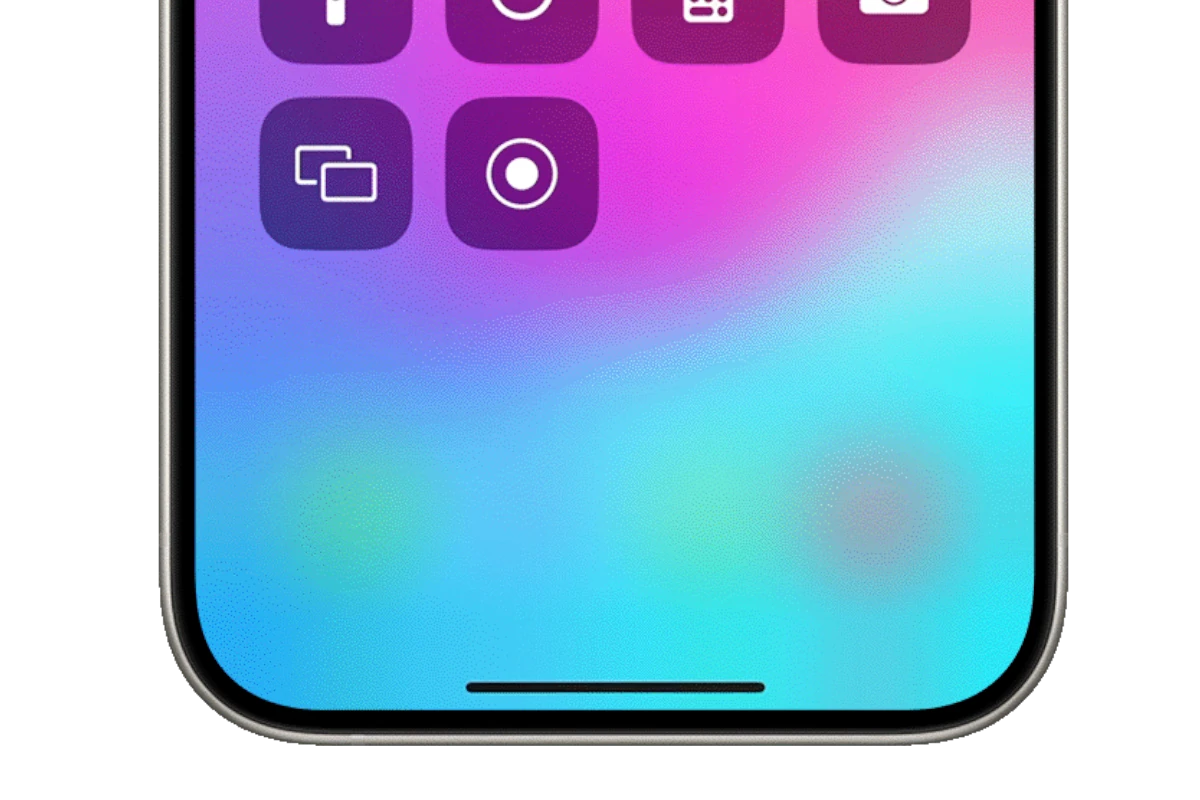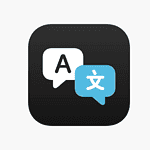Recording phone calls can be helpful for many mobile users. It can be useful for keeping a record of important conversations, for legal reasons, or for reviewing instructions given over the phone. However, it’s not easy to do. The built-in screen recording features on iPhones and many Android phones don’t support recording phone call audio due to privacy and legal concerns. Using third-party recording apps is a practical solution for users who want to record their phone calls. These apps offer more functions than a phone’s built-in software. Before using any of these apps, it’s important for users to know that the legality of recording phone calls varies by country and state. Users must get permission from all involved parties before recording, to follow the law.
Recording Phone Conversations: Your Options and Considerations
Ever wanted to keep a record of an important phone call? Or perhaps capture a hilarious conversation with a friend? The ability to record phone calls can be valuable, but the methods and legality vary depending on your device and location.
Built-in Options: Limited Availability
Most smartphones, including iPhones and Android devices, do not have a native feature for recording phone calls. This is due to privacy laws and regulations that vary from place to place. However, some Android phones, particularly those from certain manufacturers or regions, might offer built-in call recording capabilities.
Third-Party Apps: A Wide Array of Choices
If your phone lacks a built-in option, numerous third-party apps can record calls.
| App Name | Platform | Features | Notes |
|---|---|---|---|
| Rev Call Recorder | iOS, Android | Automatic recording, transcription services, cloud storage. | Paid service with a free trial. |
| Cube ACR | Android | Automatic and manual recording, cloud backup, call tagging. | Free with premium features available. |
| TapeACall Pro | iOS | Merging calls with a recording line, cloud storage, transcriptions. | Paid subscription required. |
| Google Voice | iOS, Android | Records incoming calls only, free for personal use. | Limited to Google Voice numbers. |
Legal Considerations: Know the Rules
Before you hit the record button, familiarize yourself with the laws in your jurisdiction.
- One-Party Consent: In some states, only one party involved in the call needs to consent to the recording.
- Two-Party Consent: Other states require both parties to be aware and agree to the recording.
Failing to comply with these laws can have legal consequences. Always prioritize respecting privacy and obtain consent when recording calls.
Screen Recording: Audio-less Capture
Screen recording is another option, but it captures only the visual aspects of the call and not the audio. This might be useful for documenting on-screen information during a call but won’t provide a full record of the conversation.
The Verdict: Record Responsibly
While recording phone calls is possible, it’s important to do so ethically and legally. Research the laws in your area, inform the other party (if required), and use reputable apps. Remember, privacy is paramount.
Key Takeaways
- Recording phone calls often requires a third-party app.
- Users must ensure they have consent before recording calls.
- Built-in screen recording does not capture call audio on most phones.
Legality and Consent
When recording phone calls, understanding consent and adhering to laws are critical. Failing to do so may result in breaking the law.
Understanding Consent
Consent is an agreement from one or more parties to record a phone call. Laws vary, but typically, at least one person on the call must know about the recording for it to be legal. In some places, all participants must agree. Ignoring consent rules can lead to serious legal issues.
Compliance with Laws
Each state has its own laws about recording calls. It’s important to know these laws before recording. Some states allow “one-party consent,” meaning only the person recording needs to know. Other states require “all-party consent,” which means everyone involved must agree. The Digital Media Law Project provides resources to help understand specific state laws on this topic. Recording a call without following these laws is illegal and may result in penalties.
Technical Aspects of Recording Calls
Recording phone calls involves both hardware and software components that work together to capture sound.
Equipment and Software
Most phones have built-in microphones that can pick up audio. However, standard phone software may limit the ability to record calls. Users often rely on third-party apps available in the App Store for iPhone and the Play Store for Android. Apps like TapeACall and Rev Voice Recorder offer recording functions, and some require a pro version for advanced features.
Recording Quality
The sound quality of a call recorder hinges on the microphone’s capacity to capture clear audio without ambient noise. Speakerphone mode can degrade audio quality, but it may be necessary when using certain recording techniques. Audio recording software on a computer might provide a solution for higher fidelity.
Recording Phone Calls With Different Devices
iPhone devices require an external app since iOS does not support native call recording. The Voice Memos app records only outside the phone call environment. Android devices allow call recording through apps or, in some cases, a built-in call recording feature. Google Voice provides an option for recording incoming calls only once a Google Voice account is set up. The Google Voice App also offers call transcription services.







